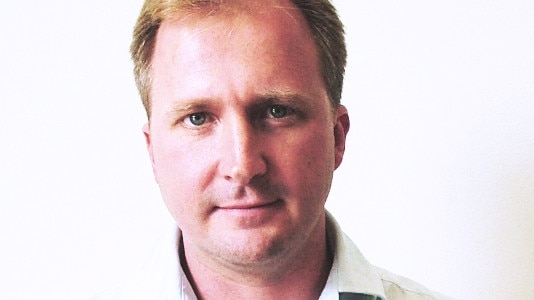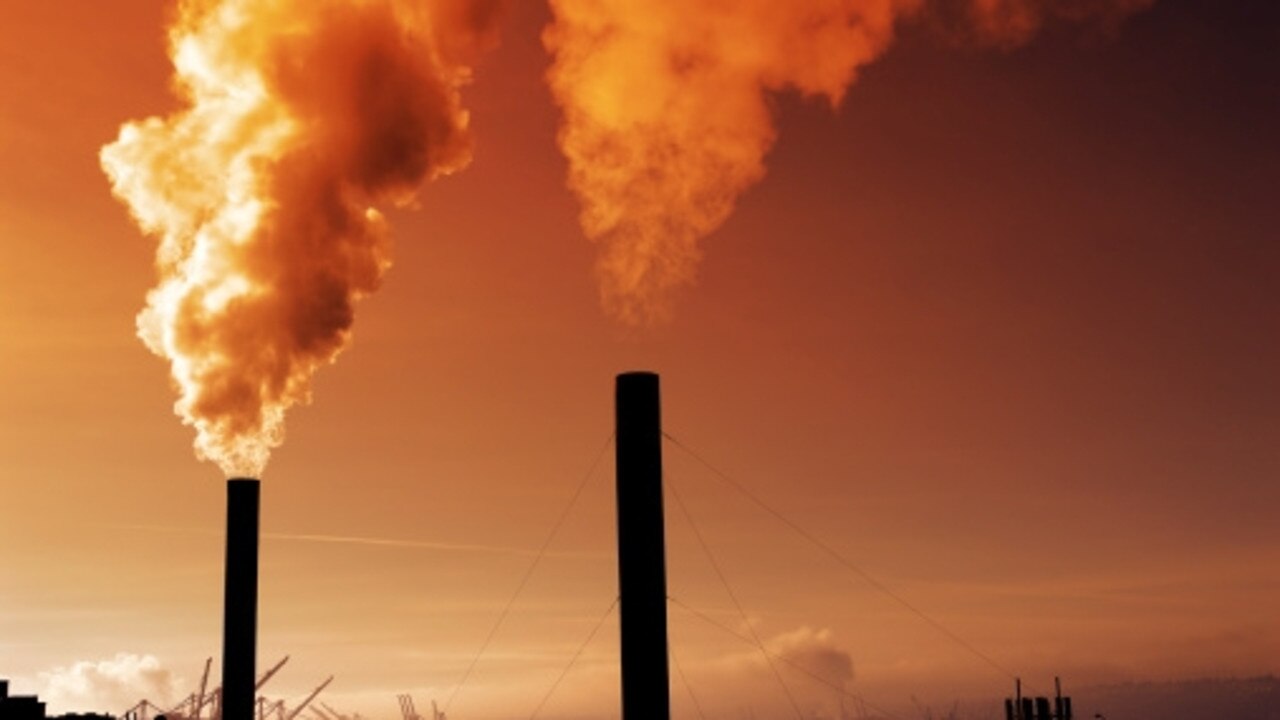Climate fund row puts heat on Paris
The Paris climate change agreement has started to unravel as developing countries seek greater freedoms.

The Paris climate change agreement has started to unravel as a dispute over a $US100 billion-a-year climate fund prompts new demands that developing countries be given greater freedoms to increase their emissions.
Environment groups have claimed the Paris deal was “on the brink” after an emergency meeting in Bangkok at the weekend failed to reach consensus on crucial details on how the agreement would be managed.
A key sticking point was how a proposed $US100bn-a-year fund to help developing nations cope with climate change would be delivered.
The US and Australia were accused of working to stall negotiations by insisting that loans be included in the $100bn fund, which is not scheduled to start until 2020.
Australia has already committed $200 million to the preliminary Green Climate Fund and will be expected to be a major contributor to a new $US1.5bn climate resilience fund to help island nations adapt to the impacts of rising sea levels and more frequent natural disasters.
After 2020, Australia’s international climate funding would be expected to be hundreds of millions of dollars a year.
Developing countries are insisting the climate funds be in addition to existing foreign aid.
The US pledged $US3bn to the GCF but has delivered only $US1bn after Donald Trump froze the funding.
The US had been expected to be the major donor to the $US100bn fund because of the size of its economy and historic carbon dioxide emissions.
As the weekend talks broke down on finance, a group including China began to take a harder line on the different treatment of the developed and developing world.
Climate Victoria adviser Erwin Jackson said the Bangkok talks had failed to provide the clarity required for smooth negotiation at the climate summit in Poland in December.
Organisers have extended the conference in Katowice by one day to allow extra time for negotiations.
The Polish meeting is supposed to finalise the rule book that will govern the Paris Agreement from 2020.
“Frustrations are mounting around what developing countries see as lack of engagement by developed countries on finances,” Mr Jackson said.
Finance and differentiation have been the historic stumbling blocks to securing a global climate change accord.
Non-government groups at the Bangkok meeting said the talks had been “beset with tension”.
Key issues remained “stalemated” and the future of the Paris deal was “on the brink”, they said.
The body established to distribute the limited funding that had been raised to date has been gripped by turmoil. A meeting of the GCF in July disintegrated into acrimony over who should control the money, leading to the resignation of Australian chairman Howard Bamsey.


